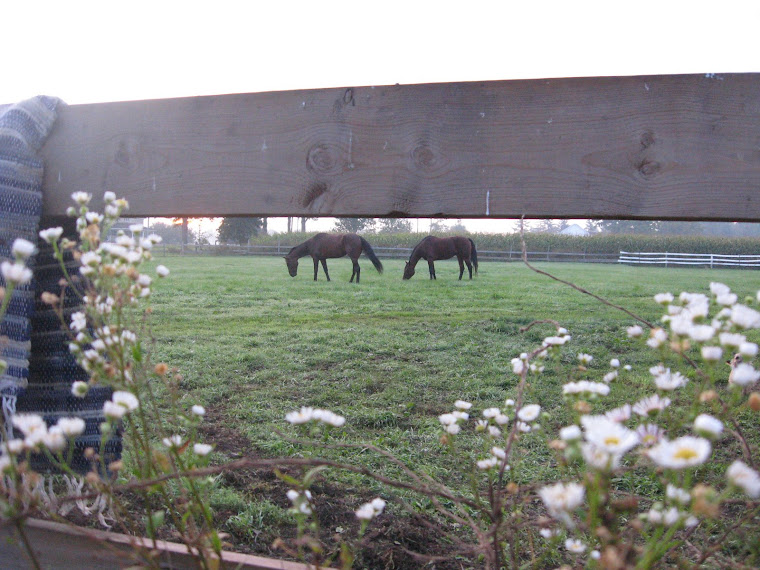Among my many books I found a treasure: High School Entrance Reprints of Examination Papers. This little book is not in great shape. The cover is ratty and torn off. There is some writing, done in pencil, throughout the pages. However, the content is lovely. It is intriguing to read what prospective high school students nearly a century ago had to know in order to be admitted. I am going to type out some of my favourite sections from time to time, here on Grannymom's Spot.
This first one is part of a Literature Examination from 1949. It's a poetry study.
Work
Let me but do my work from day to day,
In field or forest, at the desk or loom,
In roaring market-place or tranquil room;
Let me but find it in my heart to say,
When vagrant wishes beckon me astray,
"This is my work; my blessing, not my doom;
Of all who live, I am the one by whom
This work can best be done in the right way."
Then shall I see it not too great, nor small,
To suit my spirit and to prove my powers;
Then shall I cheerful greet the labouring hours,
And cheerful turn, when the long shadows fall
At eventide, to play and love and rest,
Because I know for me my work is best.
- Henry Van Dyke.
1. Suggest four present day occupations that the poet may have had in mind when he wrote line 2.
2. "This is my work; my blessing, not my doom;" (line 6). Write in your own words what you think the poet means by this line.
3. What do you think the poet means by suggesting that "my work" should
(a) suit my spirit
(b) prove my powers
4. What pleasures suggested in the second stanza can the worker enjoy after a satisfactory day's work?
5. Explain:
(a) in roaring market-place.
(b) greet the labouring hours
(c) long shadows fall.
I don't know much about the poet, Henry Van Dyke, but I would say at first glance that he must know something about the Sovereignty of God. A recent reading of Ecclesiastes reminded me of the simple pleasure of finding joy in ordinary things, like work, and family, and good food or wine. This poem adds to that theme, by reminding us that the type of work is of no consequence. How one views one's work makes all the difference.
Okay, children of mine... here is a poetry assignment for you. Copy the poem, then answer the questions. Respond to my comment in the previous paragraph. Do you agree that one of the messages in Ecclesiastes lines up with this poem?
Random Thoughts and Tips on Prayer
2 hours ago






No comments:
Post a Comment